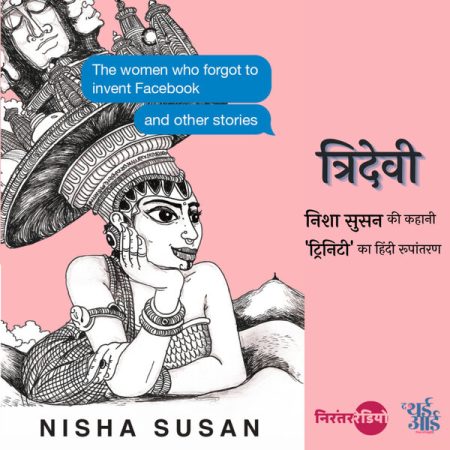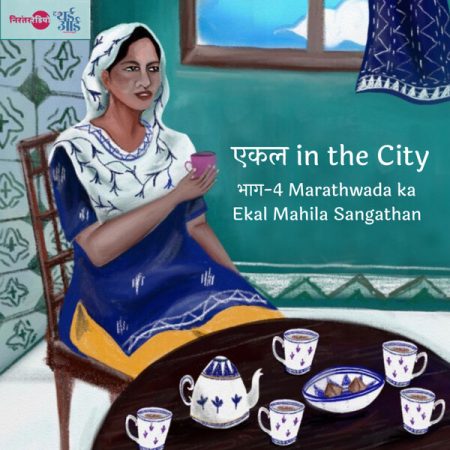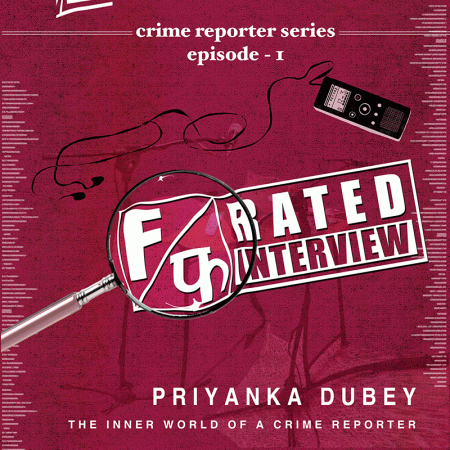A social worker spends her days going in and out of prisons, shelter homes, and courts answering these and many more questions. As the person who mediates between the criminal justice system and a woman ‘caught’ by the system, answering these questions, and making the system legible is a part of her work.
But what questions does she carry with her? How does she manage to see the human behind the crime? What goes on inside the head of someone who is at the heart of the criminal justice system?
Over the last 10 months, we have been conducting writing workshops with 5 social workers from Prayas, a field action project which does social work intervention in the Criminal Justice System. It is housed in the Centre for Criminology and Justice in Tata Institute of Social Sciences (TISS). This podcast features the letters that emerged from the prompt : “If you could write a letter to anyone, who would you write to and what is it that you want to tell them?”
Letters are narrated, written, and edited by Aruna Nimse, Komal Abhishek Tawde, Surekha Sale, Kalpana Katare, and Krupa Shah.
Special Thanks to Sharon Menezes for proposing this idea and putting us in touch with this amazing group of women.
Workshop Facilitators are Madhuri Adwani, Astha Bamba, and Juhi Jotwani.
Scripting and Production by Madhuri Adwani and Juhi Jotwani
Cover Artwork by Kalki
Studio Support: Wavelength Studio, Andheri





